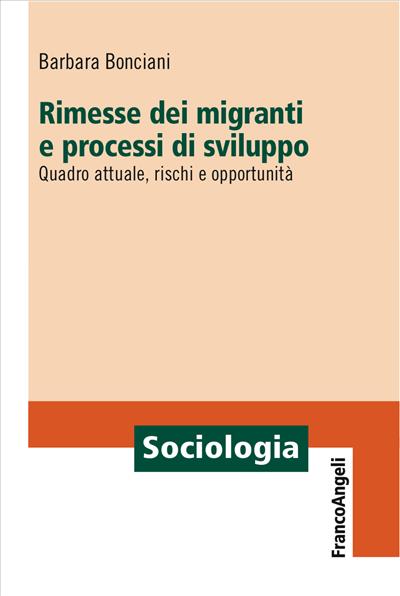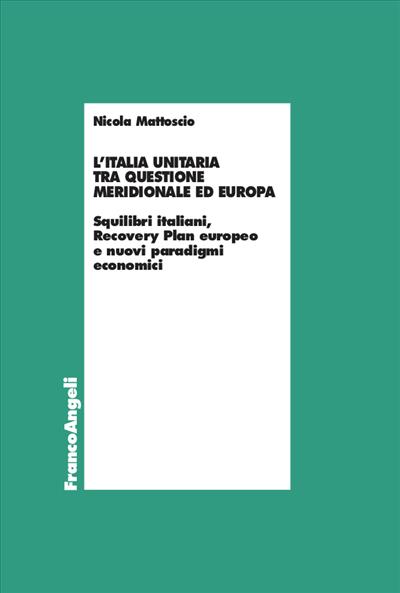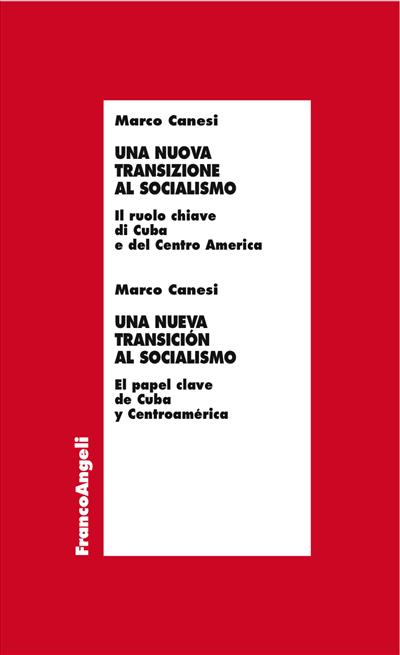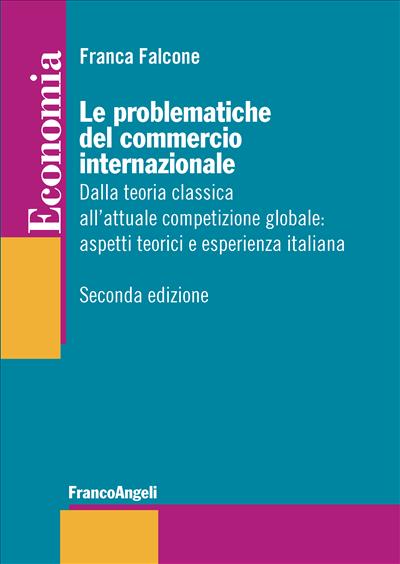
A cura di: Salvatore Baldone, Fabio Sdogati, Lucia Tajoli
Eu enlargement to the CEECs: trade competition, delocalisation of production, and effects on the economies of the Union
Pagine: 240
ISBN: 9788846442239
Edizione: 1a edizione 2002
Codice editore: 365.218
Disponibilità: Limitata




